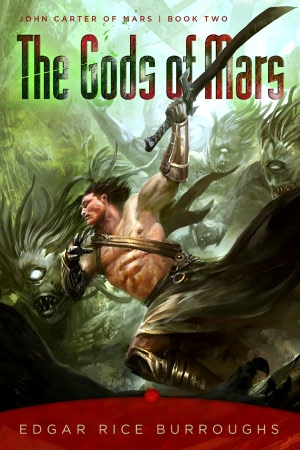 I have attempted to read this several times over the past ten years, and I finally made it through. Science fiction has never been one of my interests, so please take this review with that in mind.
I have attempted to read this several times over the past ten years, and I finally made it through. Science fiction has never been one of my interests, so please take this review with that in mind.
Ender Wiggin is a prodigy who is recruited from Earth into an elite battle school for children to find the next battle commander who will lead them to victory against the alien “Buggers.” As a 10-year-old, he is younger then the other children, and is isolated. The adults pulls on the strings in Ender’s life like marionette operators to cause the desired results. I’ll stop the story there in case you do know about the semi-surprise ending. Someone told me about the ending, but it really did not matter.
Overall, it was a mildly interesting story and a good quick read. My main problem from early in the novel is that they had all these little kids arguing and discussing military philosophy as though they were college professors. It all felt so forced and phony. I never could buy that Ender is a child. This is also true with his older siblings, Peter and Valentine. There is a completely ridiculous sub-plot about the two of them assuming false identities and writing a revolutionary doctrine that changed the course of the war. Silly.
I’m probably alone in my opinions, as I know that this is a much-loved book in the sci-fi genre. Sorry to offend anyone, but it just isn’t that good.


 Book 4 of Burroughs' 11 volume Barsoom series focuses on the adventures of Thuvia, princess of Ptarth and third most beautiful woman on Mars and Carthoris, the son of John Carter and Dejah Thoris. If that last sentence was unintelligible to you I recommend you skip this review and start with the first book in the series -
Book 4 of Burroughs' 11 volume Barsoom series focuses on the adventures of Thuvia, princess of Ptarth and third most beautiful woman on Mars and Carthoris, the son of John Carter and Dejah Thoris. If that last sentence was unintelligible to you I recommend you skip this review and start with the first book in the series -  This is the
This is the 
